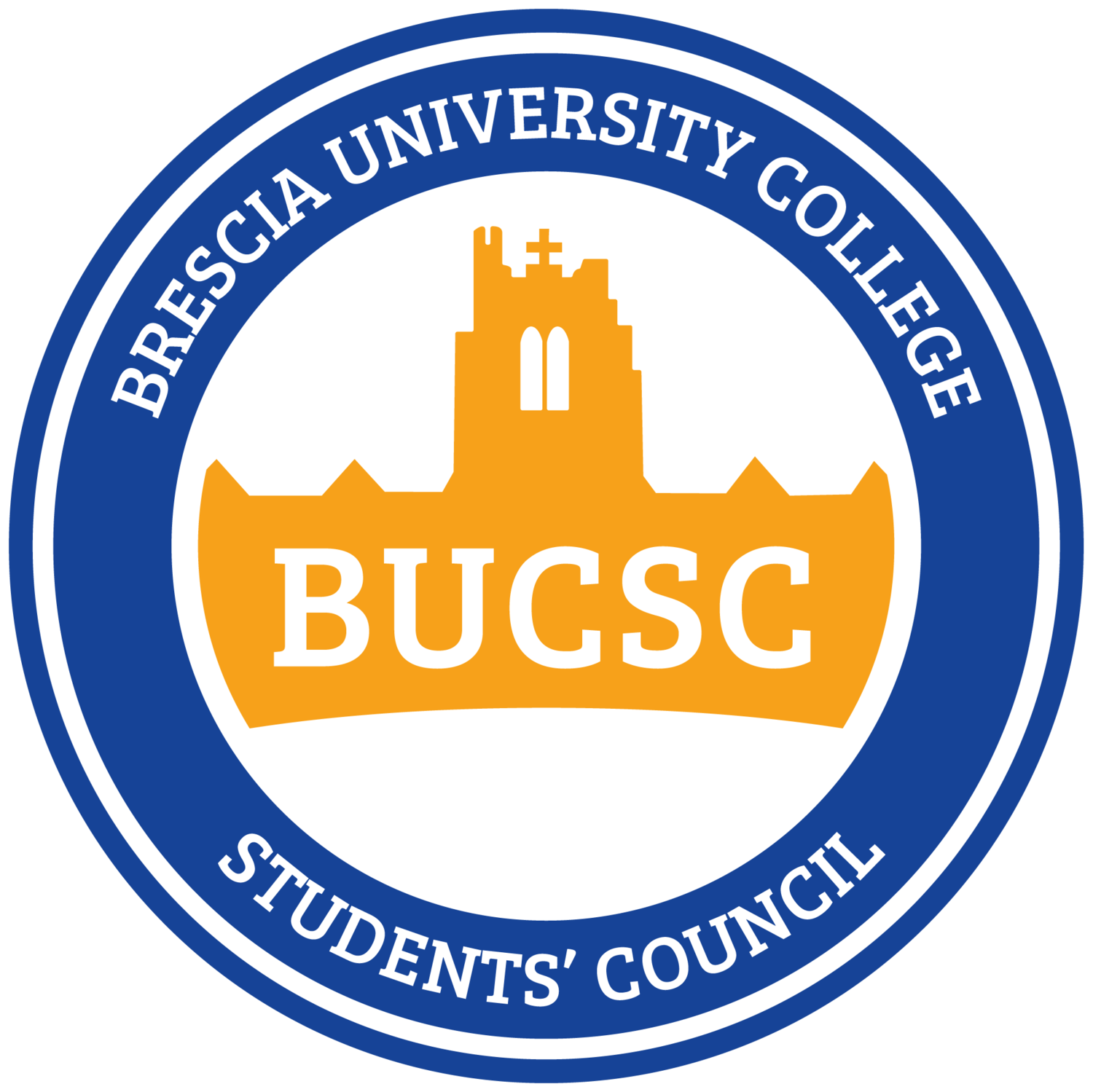Brescia Faculty Profiles With The Buzz December Edition: Dr Andrew Chater
Dr. Andrew Chater is motivated by his students and their success. He thrives on preparing students to be active and engaged citizens, saying that this is one of his teaching goals. Dr. Chater received his Bachelor of Arts from Western in political science and then moved on to a master’s in political science from the University of Waterloo. He received a Ph.D. from Western in the same domain in 2015. From there, Chater started teaching at Brescia, where he has been since, except for a one-term break when he was a visiting research chair at Fulbright, which is part of the University of Washington in Seattle. While teaching at Brescia, he also received a post-doctoral fellowship with Trent University.
Chater chose to work at Brescia not only because it was something he was familiar with, being an undergraduate and Ph.D. student at Main campus, but also because of the small class sizes. When describing why the small class sizes were a draw to him, Dr. Chater said he likes “talking with students. Yeah, lecturing has its place. But talking with students is the fun part.” According to Chater, small class sizes give students a chance to talk and think about a variety of different issues, as political science is a subject that touches on many aspects of our society and academia. For example, the upcoming term is the start of a new course focusing on global Indigenous politics, which will look at various topics through the lens of Truth and Reconciliation with Indigenous peoples. With classes that look at multiple subjects and professors who thrive off talking and debating with their students, Brescia’s political science program is a point of pride for Chater.
Brescia’s political science faculty focuses on their students and their success after Brescia. It does this through various in-class learning and hands-on courses that prepare students to be active and engaged citizens. An example is the third-year Women in Civic Leadership course, which pairs students with female political leaders in the area to work on a project. Past students in the course have done incredible work with female politicians, such as evaluating the London Transit system through surveys. Additionally, the political science program at Brescia teaches students to think critically and be critical consumers of information. Chater says this is one of the program’s goals – that students be critical of the information given to them and think critically about what’s happening around them.
While a student-focused professor at Brescia, Chater also has various research projects focusing on the Arctic and its governance. For example, an ongoing research project of his focuses on the role of the Indigenous in Arctic governance. He is also researching the effect of non-Arctic powers in Arctic politics – how and why do non-Arctic countries get involved in Arctic politics, and how do they affect and shape the Arctic as it is? Chater recently spoke at a conference in Iceland about this issue, focusing specifically on Greenland and their international relations.
In the summers, Chater volunteers at a music camp in Iqaluit to teach children around twelve to play guitar. He learned about this opportunity “accidentally” through his research, and now he enjoys going every summer. During the rest of the year, Chater plays the ukulele for “jam sessions” on Zoom every Thursday night. Chater can be found in his office on Ursuline Hall’s second floor.
